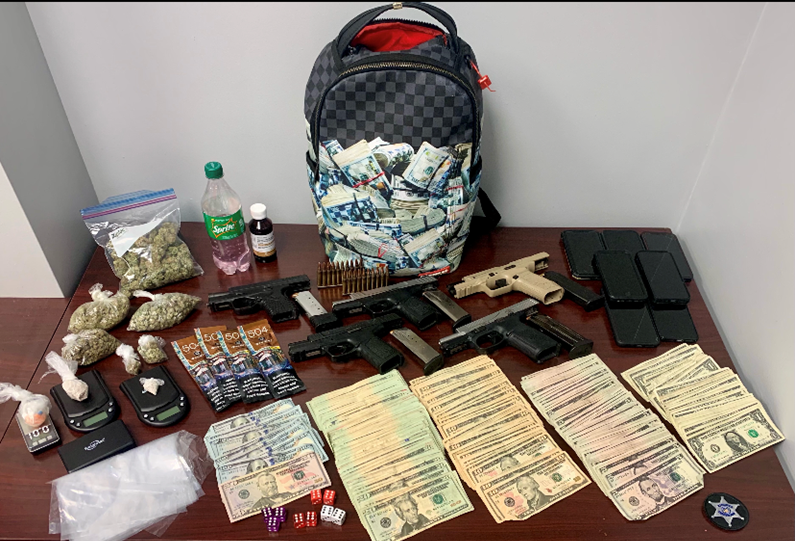
TPSO: Multiple arrests made on gun, drug charges after K-9 deputy deployed at hotel
December 22, 2020
Senate Unanimously Approves Kennedy’s Improving Mental Health Access for Students Act
December 22, 2020After months of prolonged deliberation, Congress has voted to approve the Consolidated Appropriations Act, 2021, making way for $900 billion for COVID-19 assistance and relief. On Monday night, the Senate voted 92-6 to approve the bill shortly after the House of Representatives approved it as well. The legislation awaits final approval from President Donald Trump, and the White House has already commented saying that Trump would sign the bill.
The bipartisan aid package was combined with a $1.4 trillion government spending bill in order to extend federal funding for some agencies into 2021. It will include direct payments to Americans of $600, up to $300 of unemployment assistance per week, about $284 billion in Paycheck Protection Program loans (PPP), about $25 billion in rental assistance, $82 billion for schools and colleges, and an extension of the eviction moratorium that was previously set to expire in Dec. of this year.
Both Republicans and Democrats conceded parts of the bill that their respective parties supported in order to get the bipartisan bill approved. Democrats ceded an extra $160 million in aid to struggling states and cities while Republicans yielded liability protections.
This is the first round of direct COVID-19 assistance that Congress has passed since the $2 trillion CARES Act was approved in March. It also marks only the second time during the COVID-19 pandemic that the United States government directly assisted its citizens via stimulus payment. The bill provides $600 to individuals making up to $75,000 annually, and $1,200 to households making up to $150,000 annually, with direct payments left out for higher income brackets. Treasury Secretary Steve Mnuchin said on Monday that direct payments would begin arriving as soon as next week.
In a release from Monday afternoon, Sen. John Kennedy, R-LA, expressed his support for Louisiana venues in the COVID-19 relief package. “Live performing arts and entertainment venues are a huge part of Louisiana’s culture and economy, but these were the first to shutter when the pandemic struck. There’s no question that key industries with significant revenue losses deserve relief. The government shut down this major sector of our economy, and it’s right that we help preserve those jobs while we work to vaccinate our country and reopen it safely. I’m glad to see our efforts on the Save Our Stages Act become part of a package focused on helping hardworking Americans recover from what has been an unbelievably hard year for Louisiana and other states,” Kennedy said. Kennedy co-sponsored the Save Our Stages Act which, “authorizes the Small Business Administration to provide grants to eligible live venues, performing arts venues, movie theaters and other operators or promoters that demonstrate a significant reduction in revenue.” The provisions would include $15 billion in funding for local performance venues, movie theaters and museums.
While Democrats and Republicans mostly expressed their approval of the bill, some from both sides of the floor debated as to whether this was an expansive enough measure.
“My view about what comes next is let’s take a look at it. Happy to evaluate that based upon the needs that we confront in February and March,” Senate Majority Leader Mitch McConnell, R-KY, told the Associated Press. Senate Democratic leader Chuck Schumer later said, “Anyone who thinks this bill is enough hasn’t heard the desperation in the voices of their constituents, has not looked into the eyes of the small-business owner on the brink of ruin.”
Congress is set to enter 2021 with no current plans for another relief bill in the future, but both sides remain open-minded to the idea.






